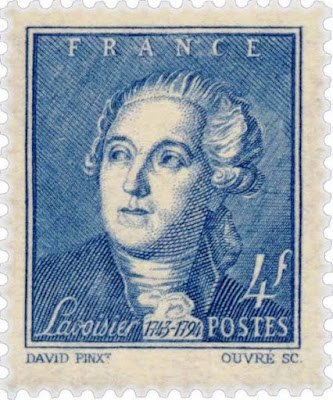Cosplay, the practice of dressing up as characters from pop culture, anime, video games, movies, and more, is a popular and growing hobby around the world. Many conventions, events, and communities celebrate cosplay on various dates throughout the year.
Cosplay events often include competitions, workshops, meetups, and opportunities for enthusiasts to showcase their creativity and craftsmanship. These events provide a platform for cosplayers to come together, share their passion for their favorite characters, and display their intricate and detailed costumes.
The origins of International Cosplay Day can be traced back to the emergence of cosplay as an artistic and cultural phenomenon. Cosplay began its journey in New York City at the first World Science Fiction convention in 1939. However, it wasn’t until the early 1990s that cosplay gained significant popularity.
The concept of transforming into characters from movies, video games, anime, and comics resonated with fans due to the expansion of these media forms. Cosplay became a vibrant part of various events, ranging from movie premieres to live-action role-playing sessions, celebrating creativity and fandom.
However, the term “cosplay” was coined by Nobuyuki Takahashi, a Japanese reporter, during the 1984 World Science Fiction Convention in Los Angeles.
There are many different ways to celebrate this day including going to a convention and modeling the latest character that has peaked your interest and making costumes for others that show the unique personalities of their chosen characters and the parts of themselves they see reflected in those characters.









